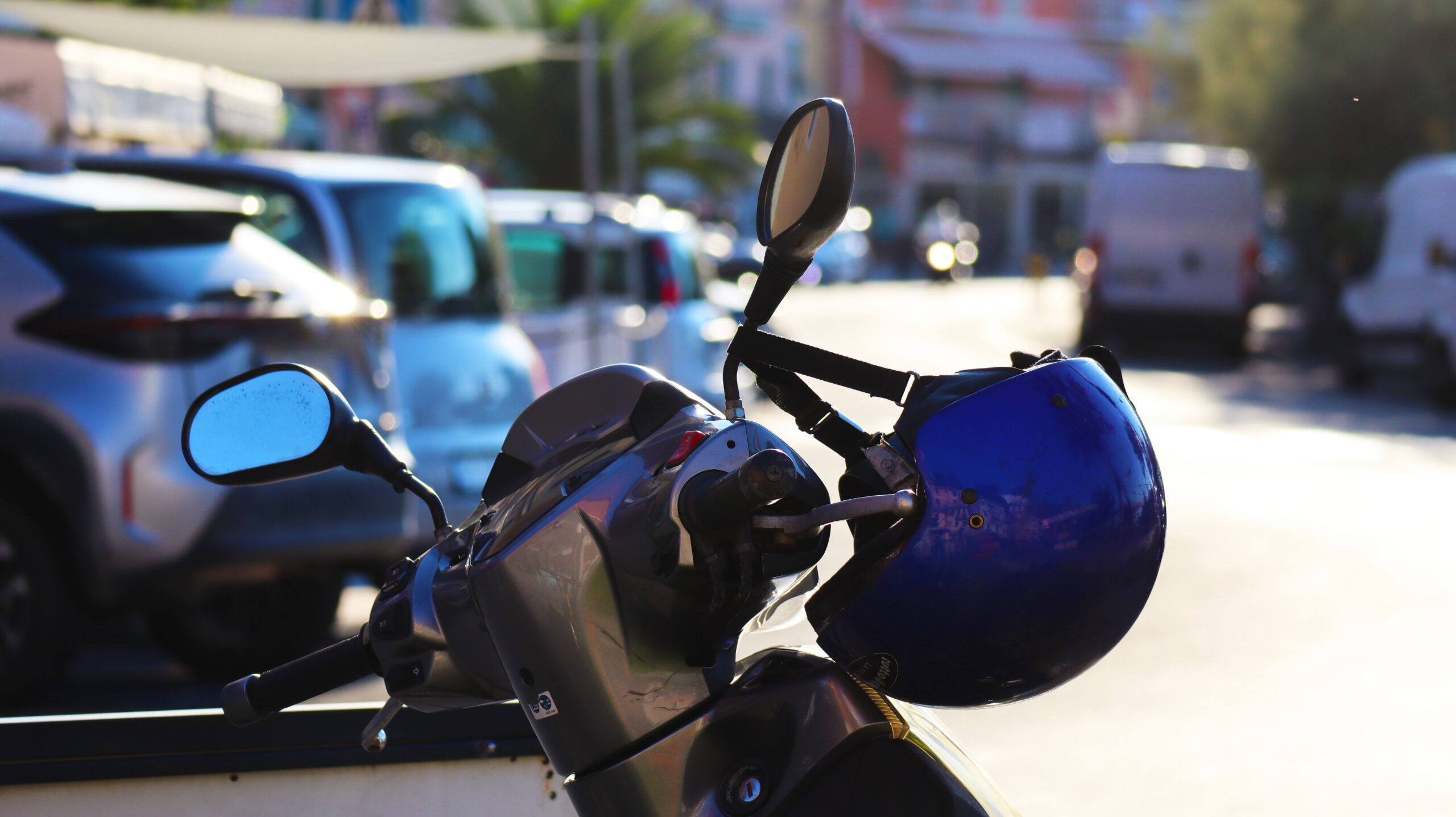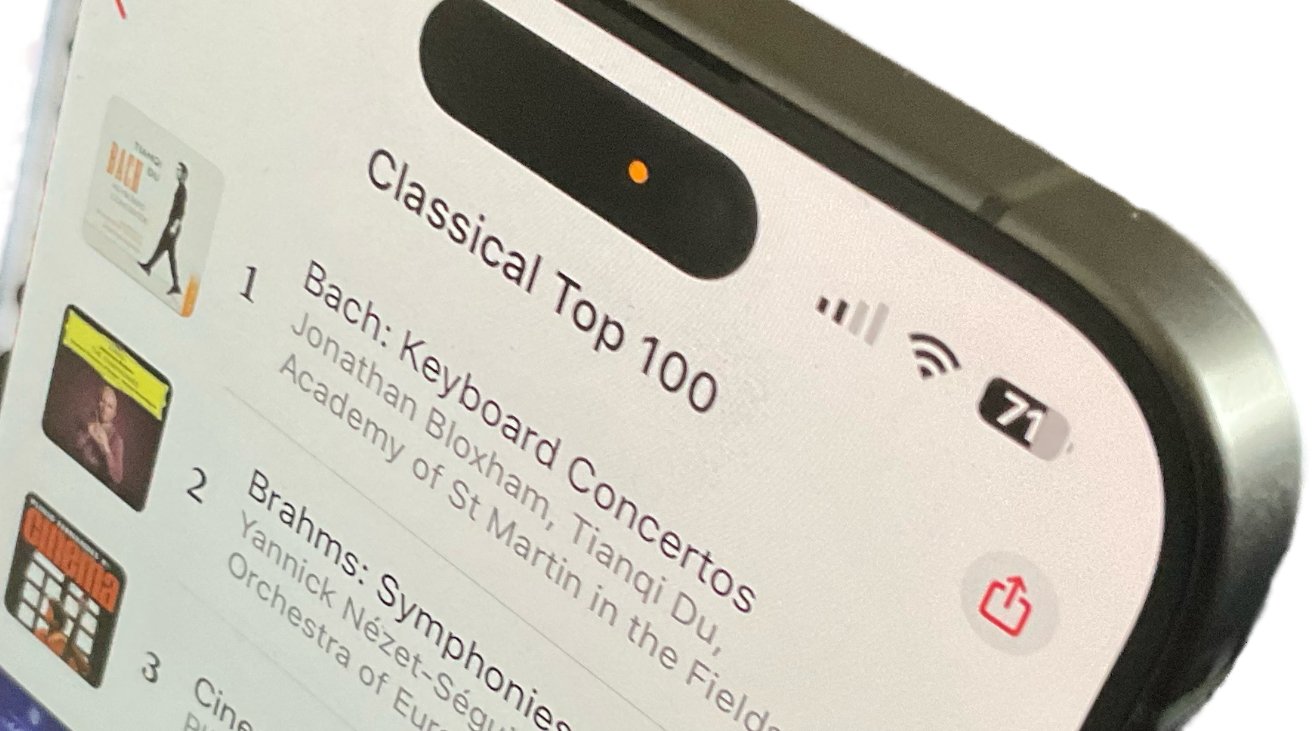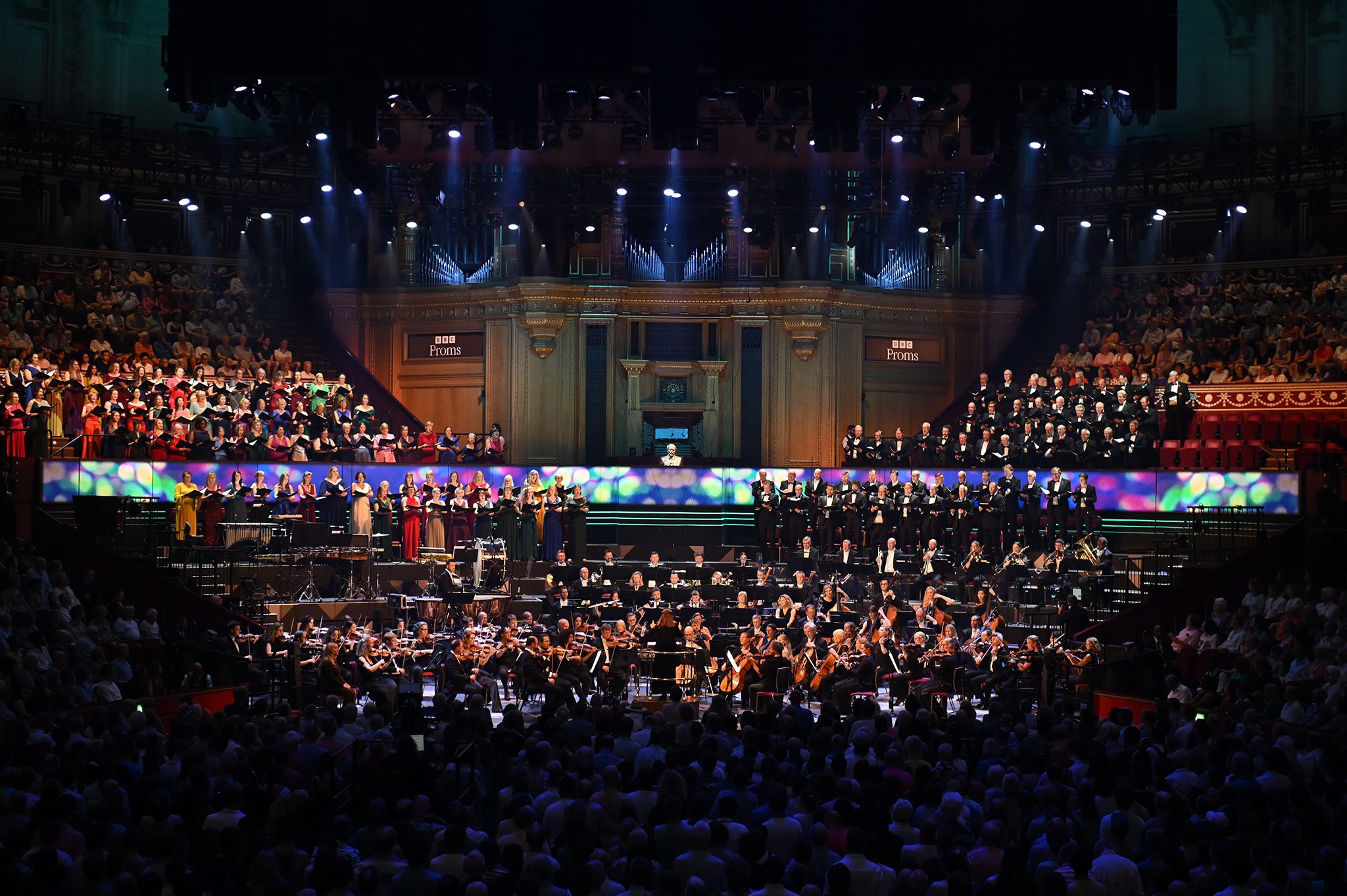Conductor Gianluca Marciano is building an audience in the Italian fishing town of Lerici with a distinctive and satisfying listening experience. Jon Jacob reflects on an enlightening trip to the Italian Riveria.
It’s so hot here in Lerici on the Italian Riveria these past few days that seeking out shade, breeze and cool refreshing water has been a priority. Hence why the sight of the bay from my hotel window has been sufficient for me to throw caution to the wind, tear off my t-shirt, and step gingerly into the crystalline blue water.
Mindful of the demise of Percy Shelley who drowned in the neighbouring bay 200 years ago (nearly to do the day), an unexpected and incongruous sound interrupts my ruminations: Schumann’s Fantasia in C major on a nearby outdoor grand piano, the sound muffled by the searing heat. The breeze carries the efforts of pianist Christian Blackshaw battling against the unsympathetic acoustic.
Blackshaw is playing in the sixth Lerici Music Festival, a music event staged by artistic director and opera conductor Gianluca Marciano, and a festival he initially established for the benefit of his hometown. Not by any means an easy feat. Without an obvious tradition of classical music in the town compared to say the likes of Aldeburgh or Malvern in the UK, the challenge for Marciano seems considerable and perhaps even insurmountable.
Born and bred in the fishing town, the conductor credits a Royal Academy of Music summer school descending on Lerici when he was six years old as being a turning point in his fascination with classical music. He was six years old at the time.
Nearly forty years later and clearly not showing the passage of time in the same way I do, Gianluca is quick to explain what inspired him to bring festival music-making to his hometown.
“Early on in my career I met Myrna Bustani who set up the Al Bustan International Festival in Lebanon. With her I understood how beautiful it is to create a festival and how much joy she had generated for the people in Lebanon.”
Lerici’s challenges are considerably different from those in Lebanon. Hotels aren’t open all year round, meaning the available dates to host the festival are limited to the holiday season. Whilst the views are pretty and there are restaurants and cafes aplenty.
Numerous expensive-looking yachts and motorboats bob about in the bay, cruisers navigating channels to take tourists to and from the coastal villages further up the coastline. Runners and walkers (accompanied by their dogs) stride the two mile promenade, and on Saturdays there’s a market selling clothes, artwork and sundry other holiday tat.
There’s a feeling that classical music is hustling to put down roots in the town.
“It’s a small town,” explains Gianluca to me during our interview, “There is no infrastructure. But when I saw what they achieved at Grange Park in Hampshire (where Marciano has returned from conducting Otello) raising £12 million by putting opera on in the forest I just thought, ‘if there is a chance to try and do something that everybody thinks is impossible then I want to try and make it happen.”
A modest collection of hotel leaflets hint at a cultural programme in the town – jazz, talks, comedy, but classical music as a reason to come to Lerici doesn’t immediately present itself. Previously hosted in a dedicated venue on the hillside overlooking the town, this year’s festival for financial reasons finds itself slap bang in the middle of the town’s promenade.
This year’s festival sees performers step onto a temporary stage erected in the centre of the town and perform to a 150-strong audience all perched on plastic chairs. The acoustic isn’t sought after, but the ambience of nearby cafes, clinking cutlery and passing tourists creates a pleasing hubbub nonetheless.
“I would like to find a way to not lose contact with the community,” explains Gianluca when we discuss some of the challenges he’s faced picking out venues for concert performances to date. “Being in the square is important of course, but we need to find proper venues to sell certain events, perhaps a venue with a more intimate set up.”
On this point I (still) find myself disagreeing with him largely because of that incongruous experience standing in the water and listening to Christian Blackshaw rehearsing for his evening concert. This was a moment where I felt connected to the performer – part of the preparation and the anticipation of the event to come. To hear a rehearsal is to be granted unusual access. To hear a rehearsal whilst feeling like you’re on a package holiday at the beginning of the jet age is surreal.
There is talk amongst the group I find myself eating with throughout the weekend in Lerici about the challenge of increasing classical music’s reach. Lots of talk of how social media must avoid ‘dumbing down’ and reflections on how some different formats and venues give otherwise conventional proceedings a bit of an edge. Whilst there is healthy disagreement, there is consensus around the table: what people are interested in is having an experience. And here in Lerici, making a short boat trip to nearby Porto Venere, its easier to see how building a live classical music event into a bigger tourist experience might offer a solution.
This trip I’m experiencing Italy for only the second time in my life, I’m immersing myself in the life (if not the works) of the likes of Percy and Mary, and maybe Lord Byron too, gaining a light-touch understanding of why this area of the world was so attractive to romantic poets (you only have to look out of your hotel window – it’s really not difficult), and I’m hearing music in a different way.
Offering classical music as part of a ‘package experience’ is hardly anything new, of course. The Music X Museums run featuring the Philharmonia conducted by Oliver Zeffman at Greenwich was partly supported by Viking Cruises, keen to increase reach for their various products amongst a customer-base perhaps still feeling a little queasy about committing to a post-pandemic cruise.
Where Lerici Music Festival is concerned the varied programme is carefully put together so as not to scare the horses. This year’s month-long event running from 22 July to 14 August has seen music by Elgar, Britten, Mozart string quartets, operatic excerpts from Falstaff, film music and musical theatre. There is, to coin a phrase, something for everyone.
Where Gianluca Marciano brings distinctiveness is the talent he brings to the Italian town to perform this programme. Trumpeter Alison Balsom, Bryn Terfel, cellist Adrian Brendel, pianist Christian Blackshaw – a tangible manifestation of Marciano’s purpose for the festival, to give back to the town what he has gained throughout his career to date, specifically connections.
But if the home crowd he grew up in isn’t already interested in classical music, how is he going to impress them with those connections? How does he get the local populations to care about the music that has shaped his subsequent international career?
Marciano’s explanation is characteristically straightforward, quietly delivered and convincing.
“When you start to see a lot of people coming from all over the world, when you see those people going to a concert hall on the sea like this one here, then it becomes it contagious. If it becomes an event where you should be seen even if it’s to meet other people, even before you know how much you enjoy the music, when you are there and you hear the music you will start to like the music. Because the power of that music like Christian Blackshaw’s performance the other night – I think that will convince anyone.”
But there is another aspect to all of this which is quite apparent to me speaking to Gianluca.
It’s clearly no easy feat starting a festival, especially when there’s no evidence there’s an audience hungry for the music he excels in. But that’s exactly the point. It seems that Marciano is someone who generally responds positively when the odds are stacked against him. Has he always been like that?
“Yes,” he replies simply. “Ever since I was a kid, I always wanted to be able to succeed in whatever I did. So it’s important to do whatever you’re doing well. Never give up when there are difficulties. If there someone presents me with problem, I will always want to transform it.”
There is a sense of modesty about Gianluca which is endearing. He wants to bring value back to the place he grew up in for sure. He thinks big too – some of the ideas I’ve learned he’s explored over the past few years show childlike imagination even if they are, using his own words at a concert introduction over the weekend, ‘crazy ideas’. Marciano clearly sees the Festival as bringing positive change, specifically cultural tourism, to the town, helping develop its infrastructure and build a sustainable economy.
This enthusiasm is tempered with realism, a sense of respect for what the town is now. He doesn’t want to bring something big on the back of a trailer year in year out to Lerici. He wants to grow something in and amongst it, respecting what already keeps locals in and brings tourists to the town. He wants more people to make the journey.
I’m glad I did.
As I sit and watch Walton’s ‘one act extravaganza’ The Bear on my first night – a simple vaudeville love story originated by Checkhov, set to words and music by Paul Dehn and William Walton, and premiered in 1967 at the Aldeburgh Festival – the entertainment on stage is underpinned by the general hubbub of Italians walking the promenade or grabbing a drink in one of the many bars that line the bay.
Cutlery clinks and small children engaging in minor but largely unsuccessful tantrums accompany proceedings as well. If you’d told me this was what I’d be grappling when I got here I may have struggled to know how I could write favourably about the experience. And yet, here we are, deliciously close to the detail of Walton’s orchestration, immersed in the story, and diverted from the heat, humidity and, counter-intuitively, the ambient noise too.
I initially question my willingness to embrace this seemingly raw concert experience by assuming I’ve just had one too many drinks in a hot environment, but the subsequent night’s concert – Christian Blackshaw playing Schubert and Schumann – only serves to reinforce actually how refreshing the outdoor listening experience is.
Stripped of all the usual preoccupations like an air-conditioned crystal clear acoustic, or an architecturally uplifting concert interior, a simple row of chairs and an instrument has a satisfying back-to-basics feel. Behind the stage the audience sees a moon rising, boats bobbing on the water, and the looming presence of a 12th-century Castellan castle.
Every so often a Festival volunteer can be heard assertively ‘ssshing’ passers-by. Every time I wonder whether they might just take the risk and let the music cut-through and do the work for them.
The reality in Christian Blackshaw’s precise electrifying performance is that the ambient noise doesn’t distract. It focuses the mind. Every pianissimo draws focus, drawing us into the theatre he creates at the keyboard. Concluding his encores with music by Scarlatti before we wend our way to bed there’s even a sense that maybe more concerts should be done open-air. Ambience drives listener focus.
Hearing Blackshaw rehearsing whilst I relax in the water at the hottest point on a ridiculously hot day, there’s also a feeling that I’ve had a chance to connect with the soloist long before the actual performance. Cooling off in the water under the midday sun I’ve been treated to a preview of what’s to come later in the day. Nothing has been spoiled by hearing it before the concert. If anything I’ve been reminded of the human being behind the music-making.
These experiences are, as far as I can make out, a consequence of circumstance rather than a planned experience. The concert series was originally meant to be staged at a venue on the side of a hill overlooking the town. For me though, it makes sense that music intended for the town in which the Festival’s artistic director grew up is sited slap bang in the middle of the town the locals frequent.
Music shouldn’t be separate or closed off, but accessible to all (on presentation of a ticket, of course). Music can (and maybe must?) share the space with others. Maybe if it did then more will stop, pause and stare through the gaps in the wall in order to find out what’s going on beyond.
But how to build your audience when there’s no history of classical music in your hometown?
Gianluca leans in to respond.
“The secret is to appeal to the kids. Get the kids excited and they’ll bring the parents.”



